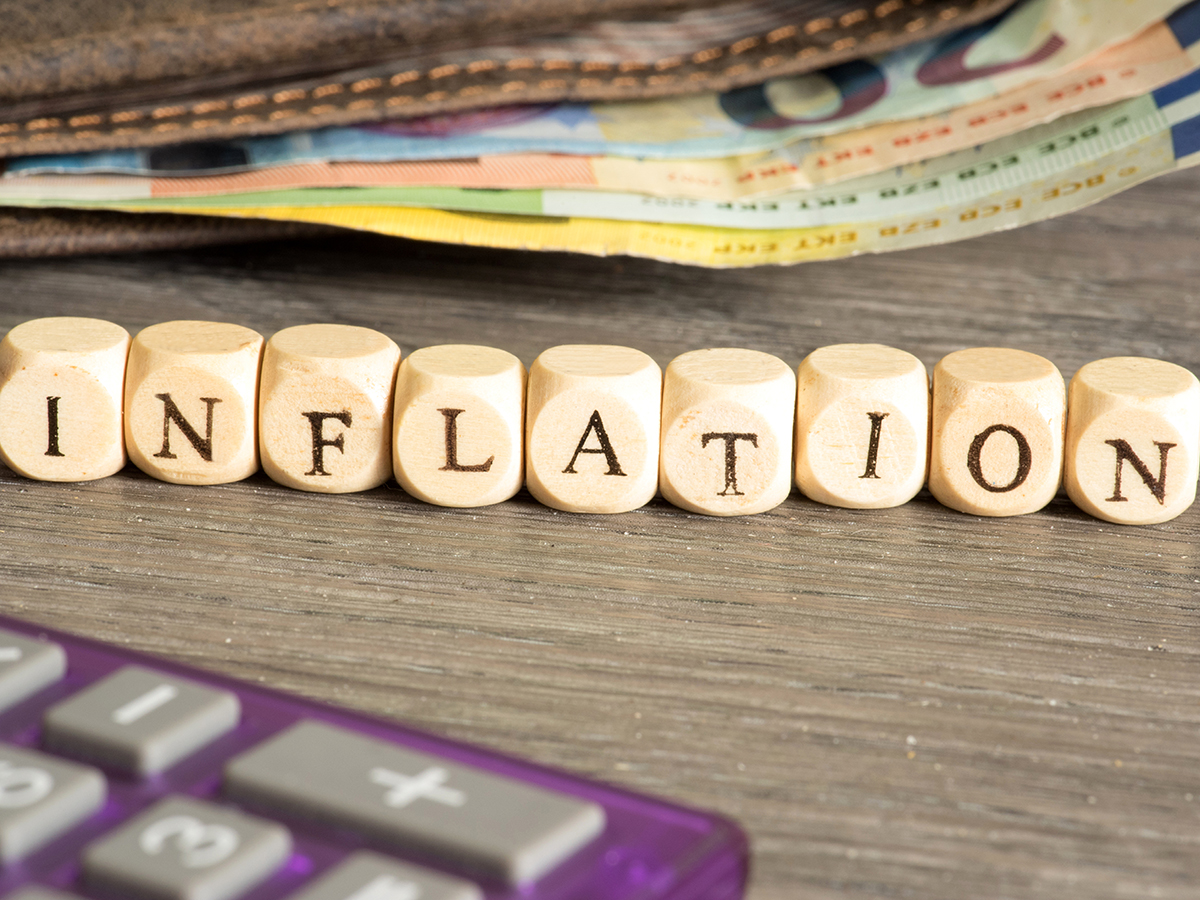Canada’s Consumer Price Index rose 2% on a year-over-year basis in April, following a 1.9% increase in March, according to new data from Statistics Canada.
The gasoline index decreased 1.6% year over year, following a 4.4% decline in March, while prices increased 10% month over month. Excluding gasoline, the CPI rose 2.3% year over year.
Seven of the eight major components were up year over year in April, with shelter prices (+2.7%) contributing most to the increase in the CPI. The household operations, furnishings and equipment index fell 0.1% in the 12 months to April.
Energy prices rose 0.7% year over year in April, the first 12-month gain in the index since October 2018. Gasoline prices increased 10.0% compared with the previous month, as refineries switched to summer-blend fuels, global oil prices continued to rise due to production cuts, and carbon levies were introduced or increased in six provinces.
Natural gas prices increased 10.2% over the 12 months to April, driven in part by higher commodity prices and the introduction of carbon levies in several provinces. Alberta saw the largest year-over-year gain in natural gas prices, due to recent rate increases.
Consumer prices rose more on a year-over-year basis in six provinces in April compared with the previous month. For the seventh consecutive month, British Columbia (+2.7%) posted the largest increase in the CPI.
Related Posts
-
Wholesale revenues, inventories and ratios from March 2020. To access this page, you must purchase…
-
Modern Distribution Management's monthly Industrial Inflation Index measures a cross-section of industrial supplies. Subscribers should…
-
Total nonfarm payroll employment fell by 701,000 in March, and the unemployment rate rose to…




